- RWD
Unicancer provides support to expert groups responsible for addressing questions on therapeutic strategies and research.
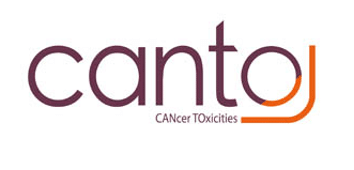
Every year, more than 50,000 women develop breast cancer in France. They are given appropriate treatment to fight the disease, but these treatments can have toxic effects, in the more or less long term. This is why it is important to identify and prevent side effects, in order to improve women’s quality of life, during and after cancer.
The CANTO (CANcer TOxicities) study is a so-called cohort study, i.e. it aims to follow a large number of people over the long term. CANTO will follow more than 12,000 women treated for breast cancer for ten years.
The aim of CANTO is to quantify and prevent chronic toxicities linked to treatments (surgery, radiotherapy, hormone therapy, etc.). Its aim is to improve the quality of life of women treated for localized breast cancer by preventing the toxic effects of treatment.
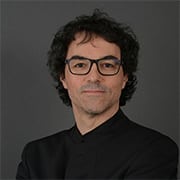
Now that we are curing more and more women, we need to ensure that they can live with the best possible quality of life by preventing possible toxicities and after-effects related to treatment
Pr. Fabrice André – Gustave Roussy
CANTO’s objectives
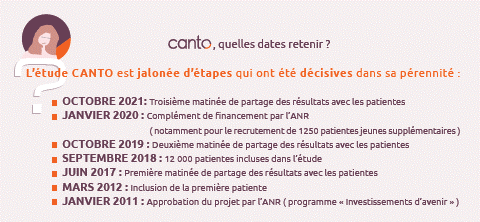
Every two years, a results day is organised. This is an opportunity for the participating women and their relatives to learn about the latest results of the study and to meet the experts.

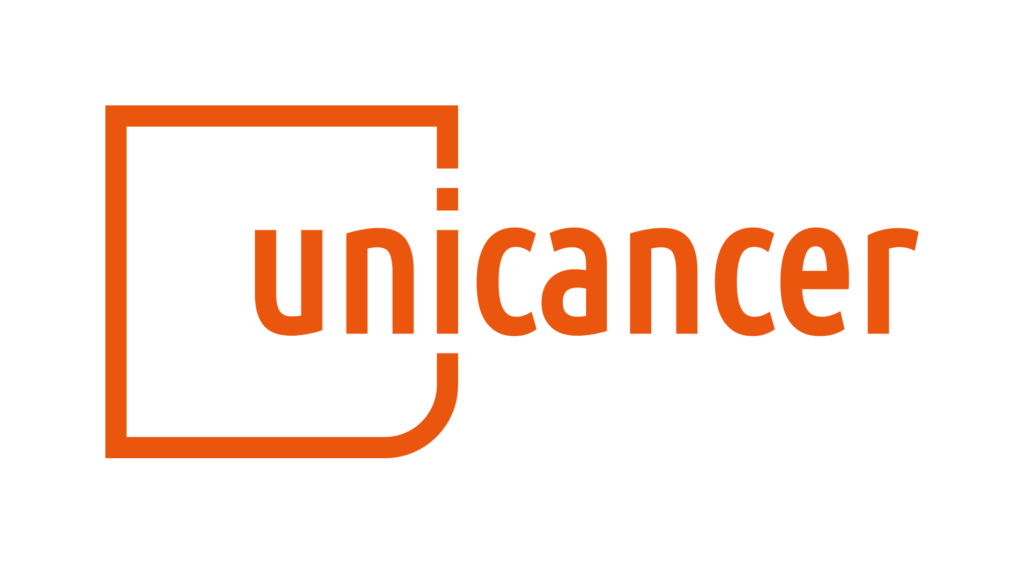
The study is promoted by Unicancer, the only French hospital network 100% dedicated to the fight against cancer, grouping the 18 Cancer Centres. The database collecting the study information is hosted by Unicancer.
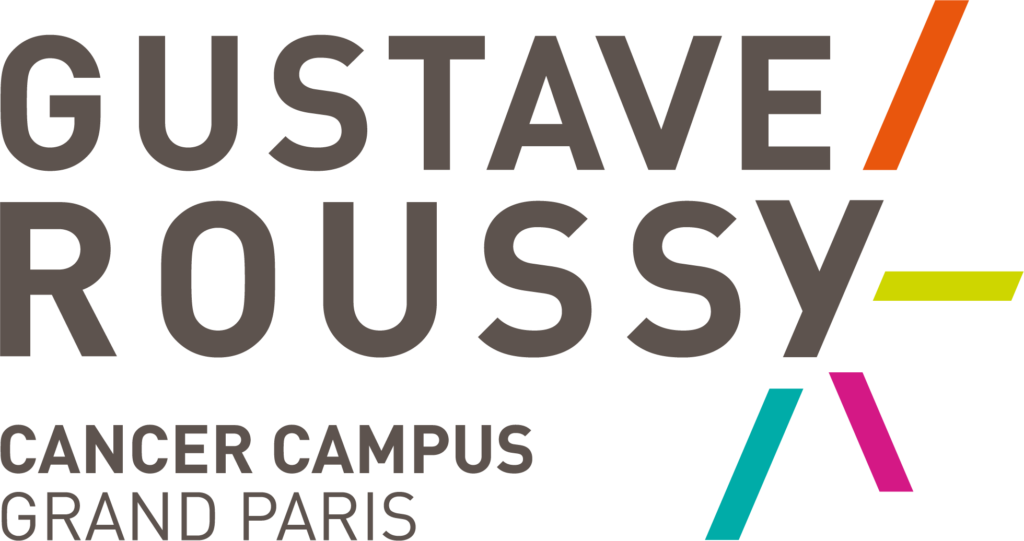
The study is coordinated by Prof. Fabrice André, oncologist and Director of Research at Gustave Roussy, Villejuif. Plasma and serum samples are centralized in the Biological Resource Centre of Gustave Roussy.
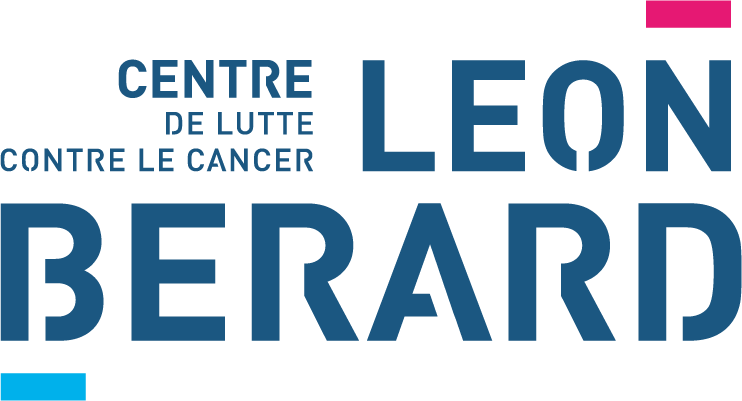
Blood samples are centralised and processed in the Biological Resource Centre of the Léon Bérard Centre.
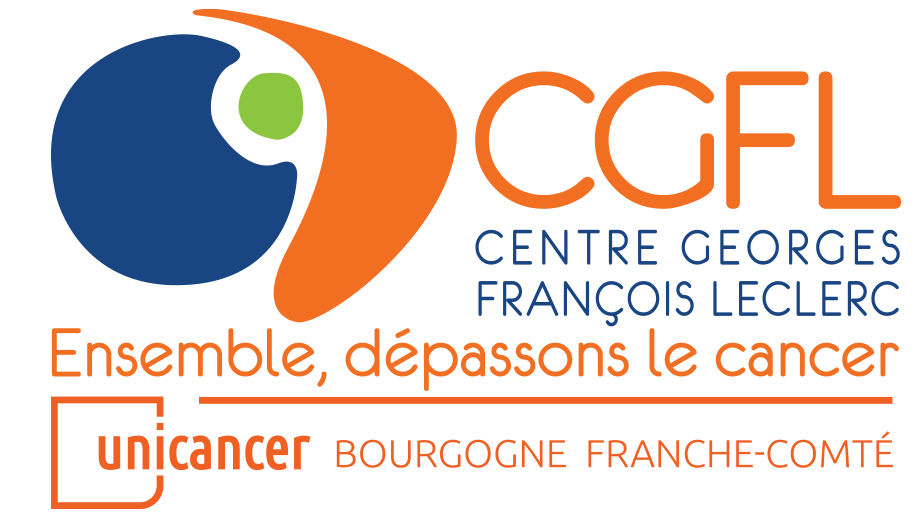
The George François Leclerc Centre coordinates the statistical analyses and enters the questionnaires (paper format).er).
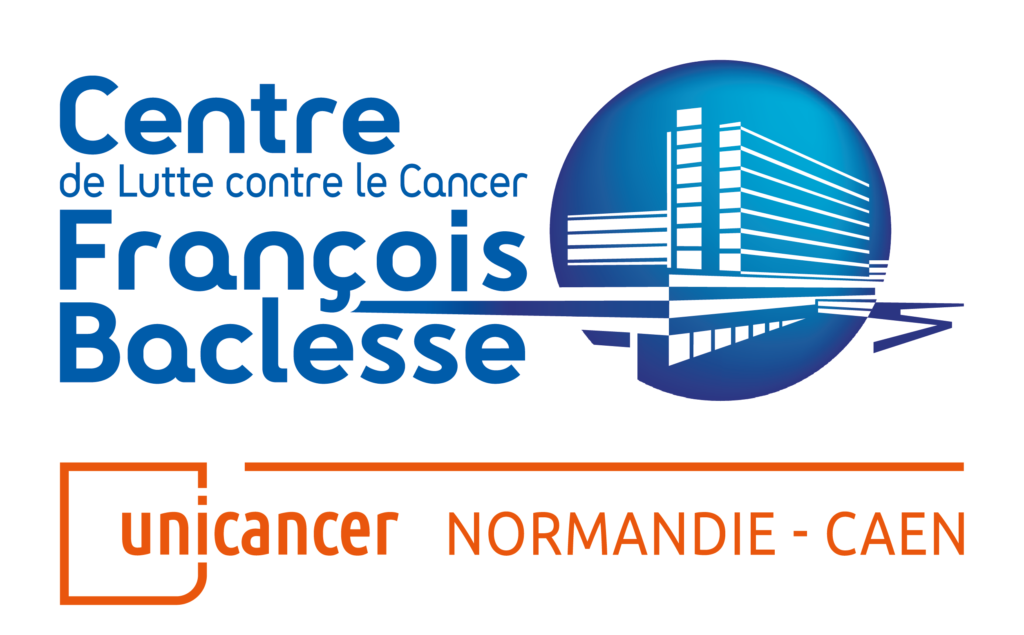
Neuropsychological assessments are coordinated by the François Baclesse Centre.
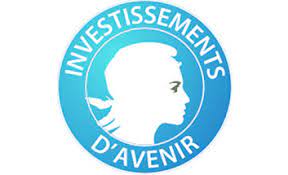
The study is financed via the Grand emprunt, as part of the Investissement d’Avenir
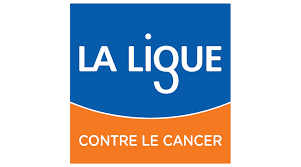
The study is supported by the Ligue Nationale Contre le Cancer.